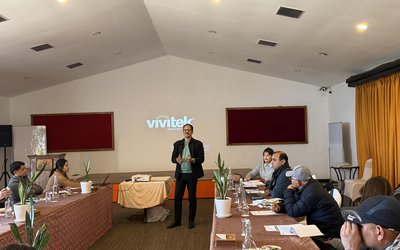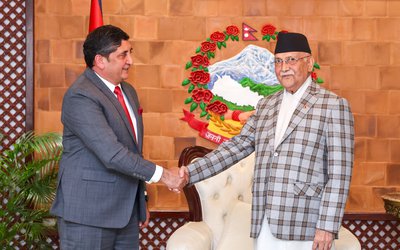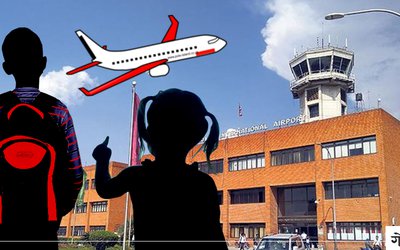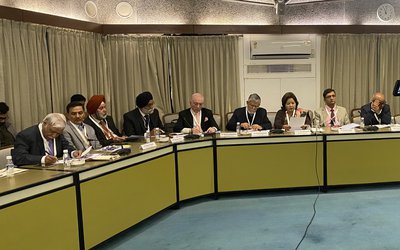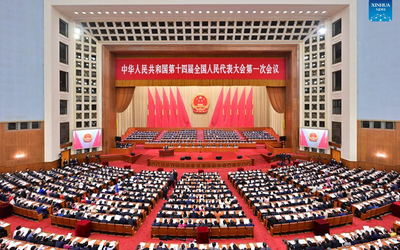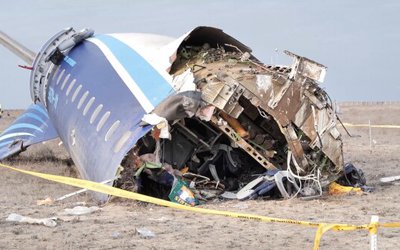
The United States Agency for International Development (USAID) announced funds up to USD 85 million to expand access to quality education for children in Nepal, particularly focusing on marginalised youth and early grade students for five years.
This expansion strengthens the existing partnership between the United States and Nepal, reaffirming their shared dedication to Nepal’s development goals, according to a press statement issued by the U. S. Embassy in Kathmandu on Sunday.
At an event in Kathmandu, USAID Senior Deputy Assistant Administrator for Asia Zeinah Salahi said, "USAID has been a steadfast partner in Nepal's development journey for over 70 years. These new investments will continue to open doors for children in Nepal and help promising young people reach their full potential and contribute meaningfully to their communities’ and nation’s development progress."
The funding will support three activities, including USAID Early Grade Learning, USAID Education Direct Financing and USAID Equity and Inclusion in Education.
Over the next five years, USAID will collaborate with local governments across all of Nepal’s seven provinces to improve learning outcomes for children in grades 1-3, read the press statement.
The USAID will collaborate with local governments to revise teacher training so that teachers are better equipped to work with students of diverse backgrounds and abilities, it said.
Additionally, USAID will provide direct grants supporting a wide range of school needs, including textbooks, latrines, book corners, and classroom improvements at low-performing schools in marginalised communities.
Similarly, the USAID will strengthen the capacity of federal, provincial, and municipal governments to support students in grades 1-10 in all provinces.
It will assist Nepal’s Ministry of Education, Science and Technology in planning, budgeting, and implementing activities related to improving access, promoting equity and inclusion, and strengthening the education system's resilience.
Focusing on youth who are at the highest risk of abandoning their education, USAID will bring out-of-school children back into classrooms, reduce dropouts, and guarantee quality learning experiences for all learners.
This five-year activity will be implemented by Plan International and its consortium, it said.
In Nepal, USAID collaborates with the government, civil society, and the private sector to tackle shared priorities in education, as well as other key challenges in health, disaster resilience, economic growth, democracy, and good governance reports The Rising Nepal.
- China to open annual National People's Congress on March 5
- Dec 26, 2024
- 38 Dead in Wednesday plane crash in Kazakhstan
- Dec 26, 2024
- Bangladesh Requests India To Extradite Ousted PM Hasina
- Dec 25, 2024
- Trump's Tariffs Could Push Down Global GDP By 0.3 Percent
- Dec 25, 2024
- Turkey's foreign minister visits Syria, seeks ties with interim government
- Dec 23, 2024

